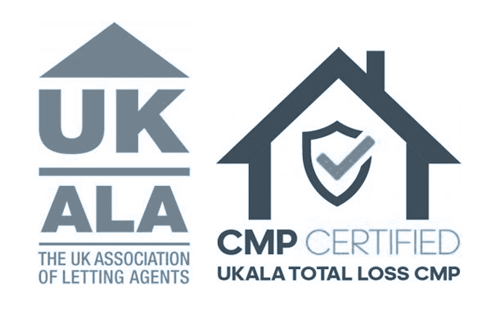
The equilibrium between supply and demand for privately rented homes is showing improvement compared to last year. However, agents remain quite active due to a significant number of tenants seeking new accommodations. If you are currently a landlord or are considering becoming one, or even if you are a tenant, the information below may be particularly valuable to you.
The overall objectives of the Renters Rights Bill is to give renters greater security and stability in their rental home, but also to avoid the risk of homelessness.
The bill proposes 12 key areas:
- Abolishment of no-fault evictions (Section 21): this proposes the move to a simpler tenancy structure where all tenancies will be periodic, providing tenants with greater security and confidence to challenge poor and unfair rent increases.
- Fair possession grounds to both parties: the bill will allow landlords to regain possession of their property where there has been a breach of tenancy or where they require the property back to live in or to sell.
- Stronger protection against backdoor evictions: this is aimed to protect tenants from evictions where a landlord wishes to increase the rent above market value, designed to force the tenant out of the property. Landlords will still be able to increase the rent, but this must be in accordance with the market rents.
- New private rented sector Ombudsman: all landlords will need to register, including those using letting/management agencies. Tenants will be able to use the service for free to complain about a landlord's actions or behaviours.
- Private rented database: all landlord will be required to register themselves and their properties. It will provide information on the actions they need to take to be compliant.
- Keep a pet requests: the bill will ensure landlords do not unreasonably withhold consent when a tenant requests to have a pet in their home, with the tenant able to challenge unfair decisions.
- Apply decent home standards to the private rented sector: landlords should already be ensuring their homes meet "decent standards". However, this new requirement will provide more clarity on what is required/expected. Decent Home Standards (DHS) already applies in the social housing sector.
- Apply AWAABS Law to the private rented sector: this will require landlords to address damp and mould safety hazards within a specific time period and failure to do so will mean tenants are able to bring enforcement against the landlord.
- Stop direct/indirect discrimination: the bill will make it illegal to discriminate against prospective tenants in receipt of benefits or those with children.
- Prohibit accepting offers above the published rental price: it will be prohibited to ask for, encourage or accept any bids above the stated rental price.
- Strengthen local authority enforcement: powers will be provided to local authorities to issue penalties to landlords who fail to meet the requirements of the Renters Rights Bill.
- Strengthen rent repayment order: this will make rent repayment orders easier and more appealing for tenants and local authorities to pursue and expand them to cover more of the sector.

Want to let?
Whether you want us to find a tenant for a single property, or manage your whole portfolio, we have a service for you. Call us on 0191 236 1079.
Share article:






